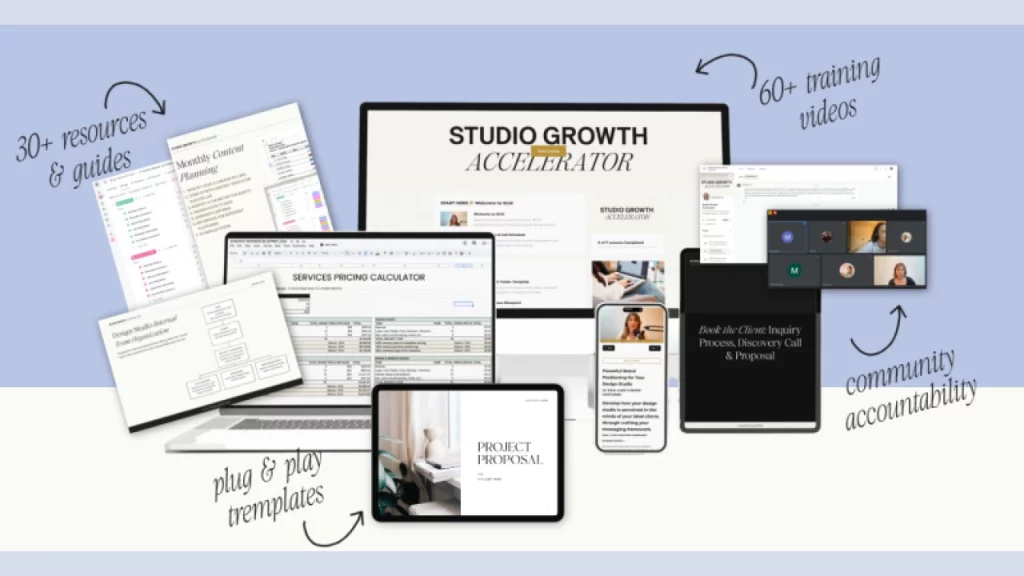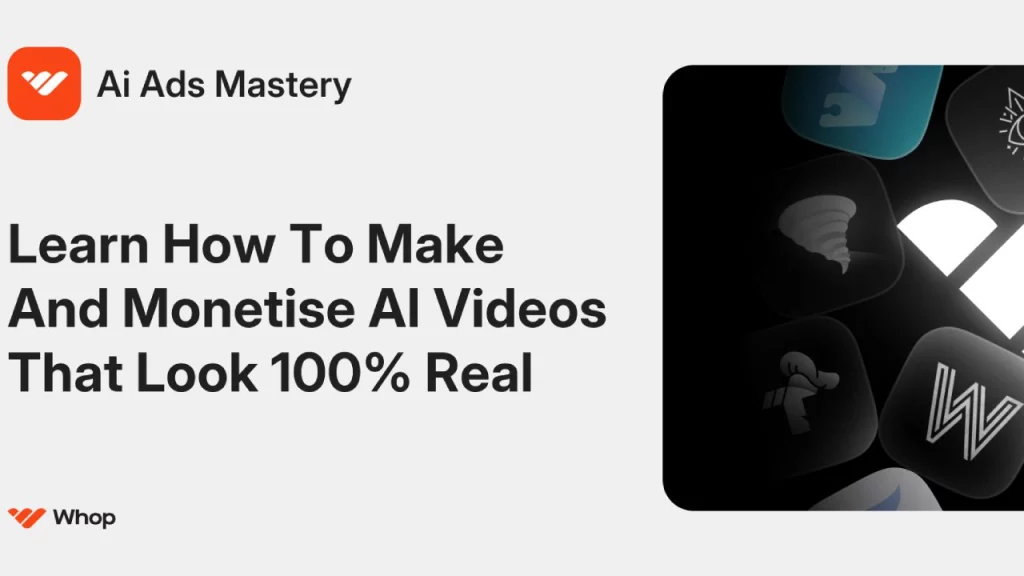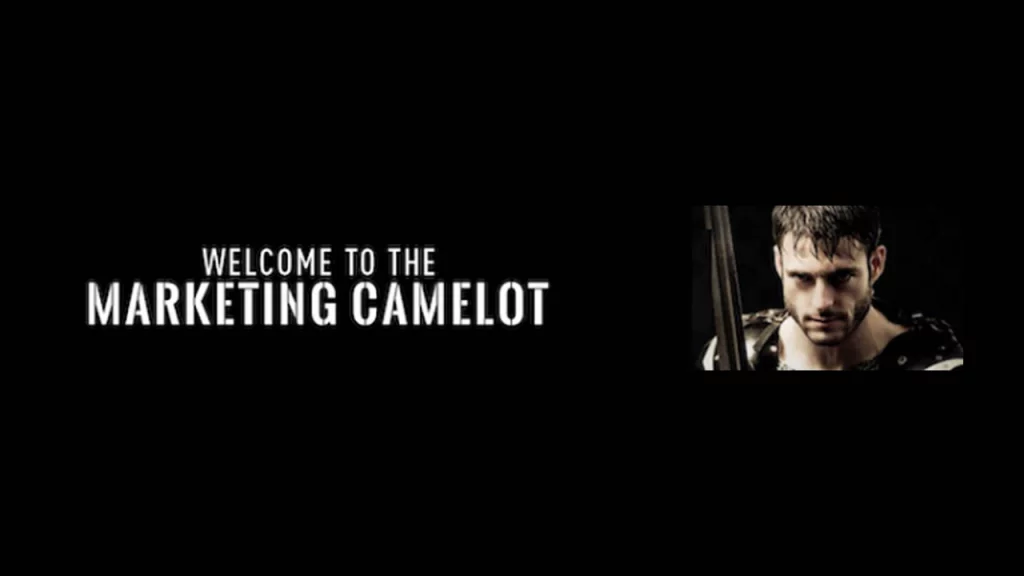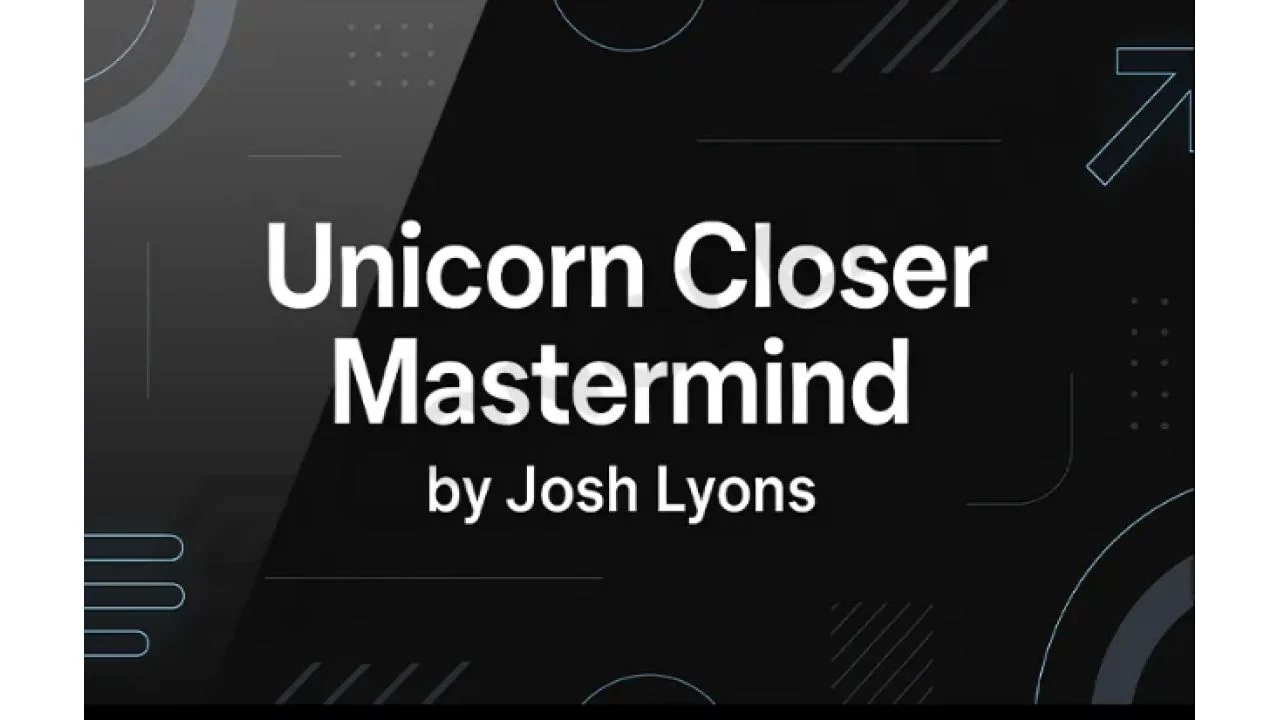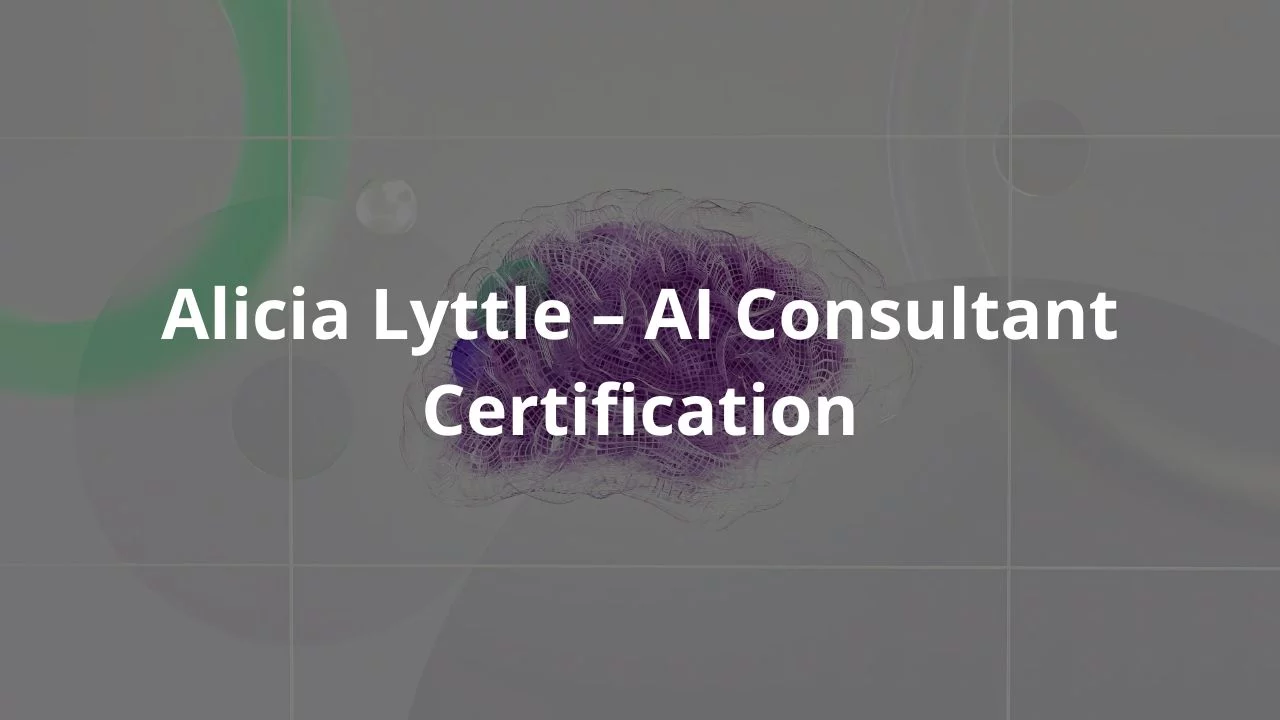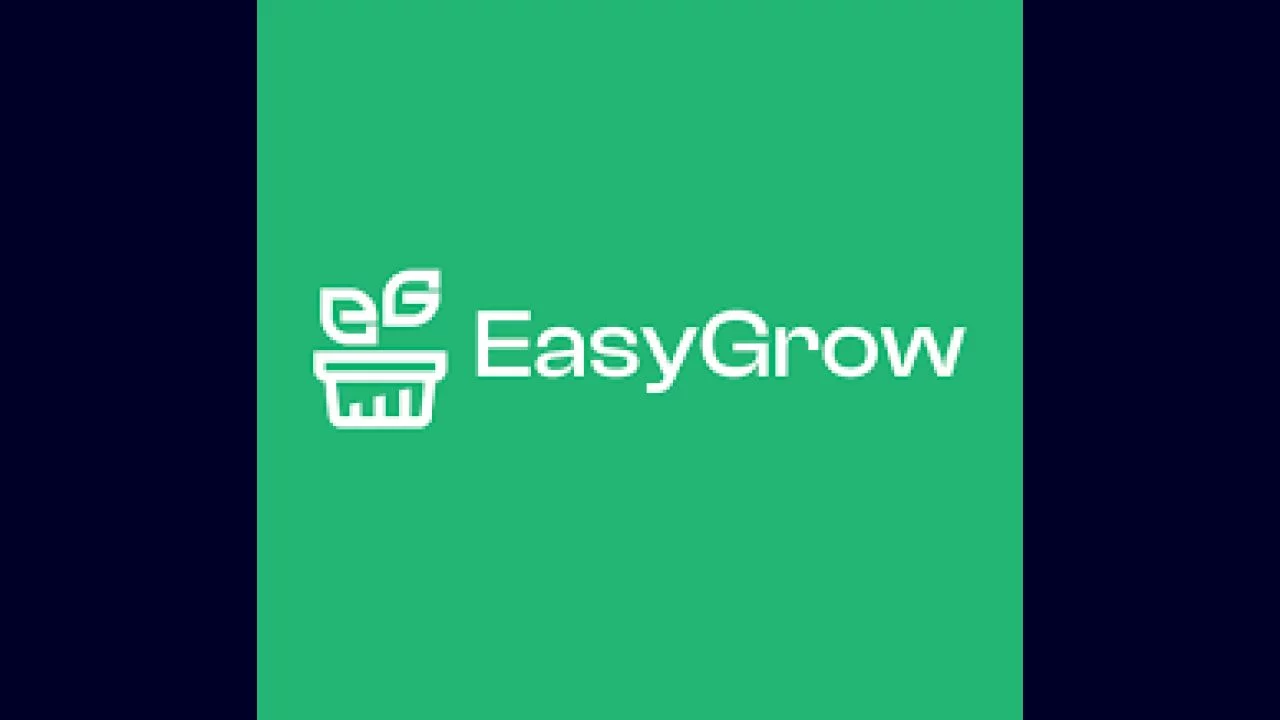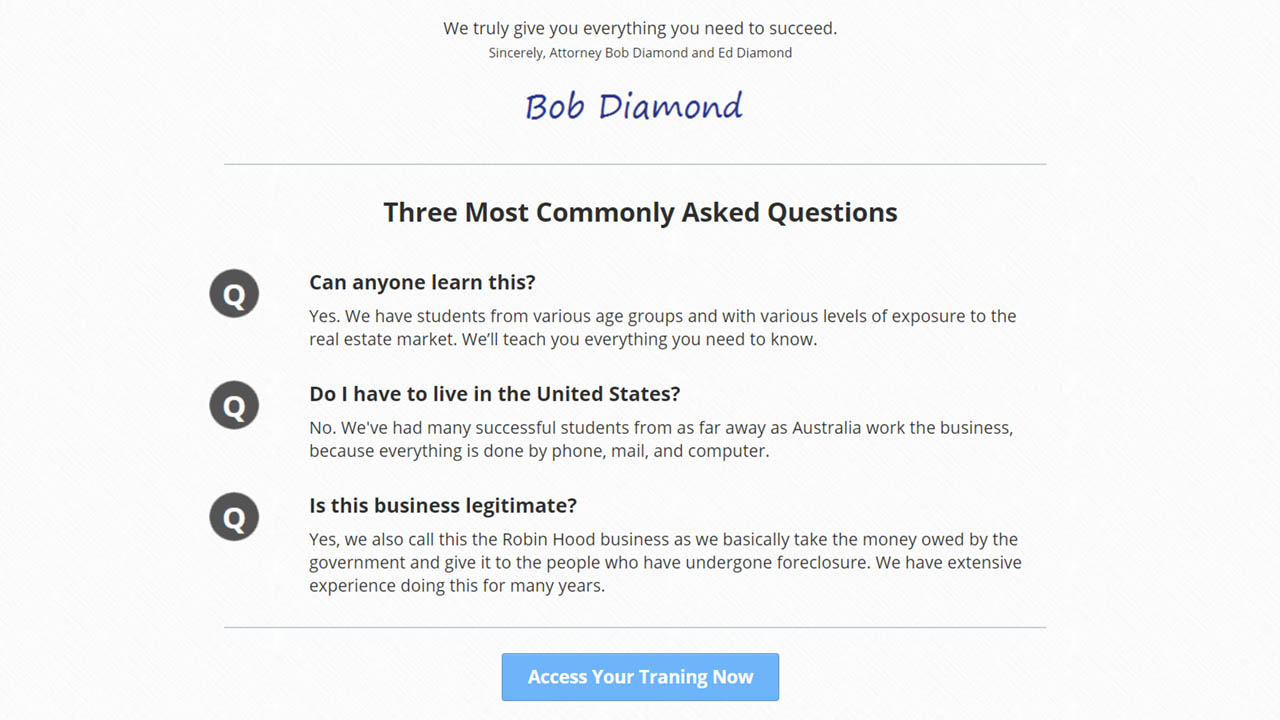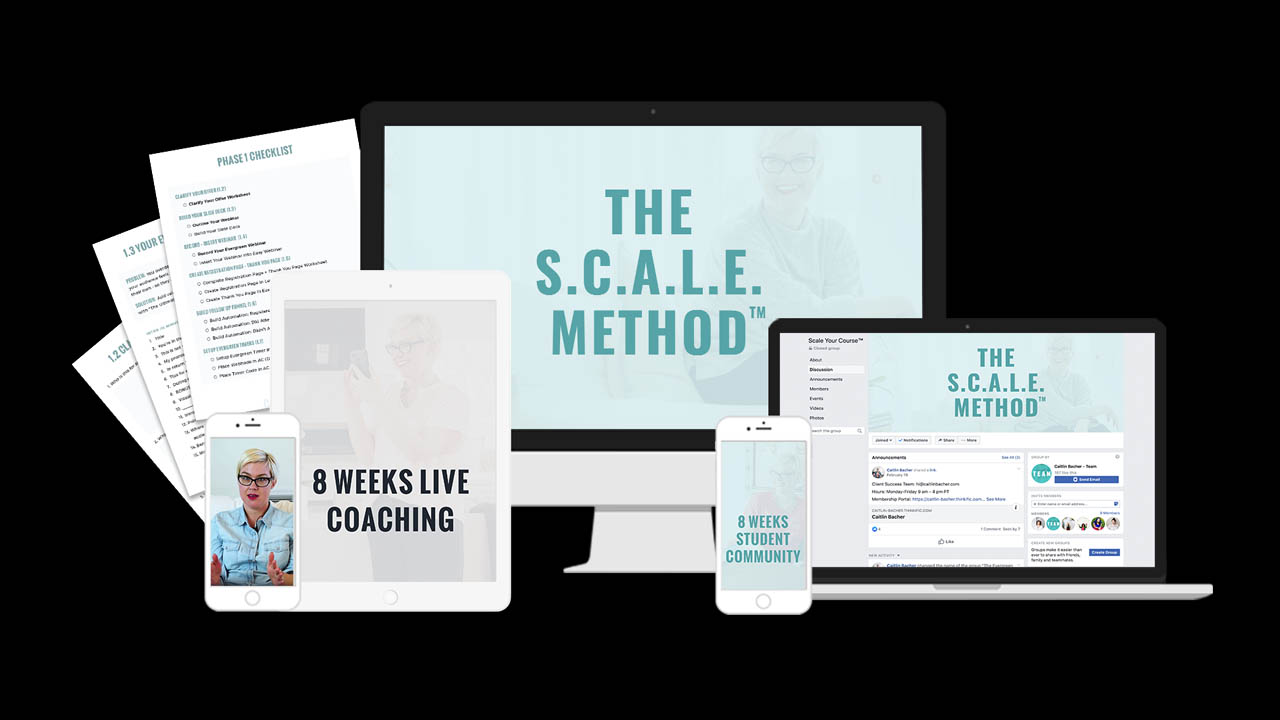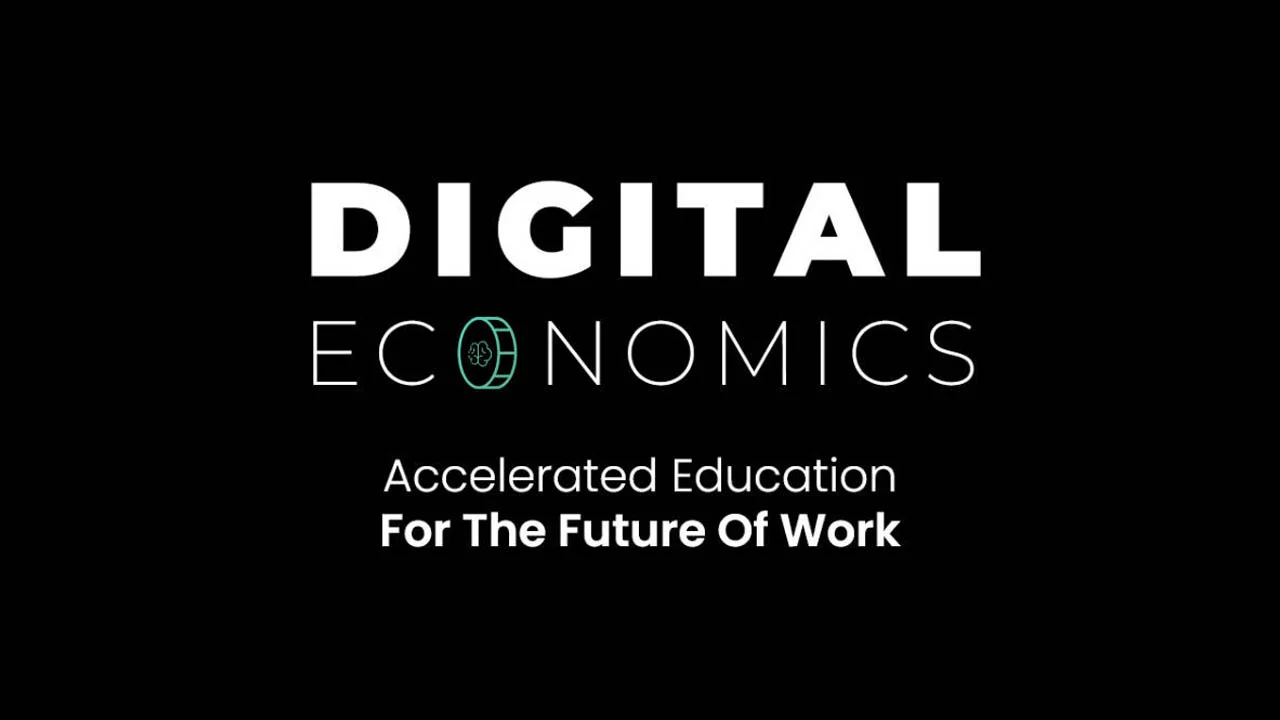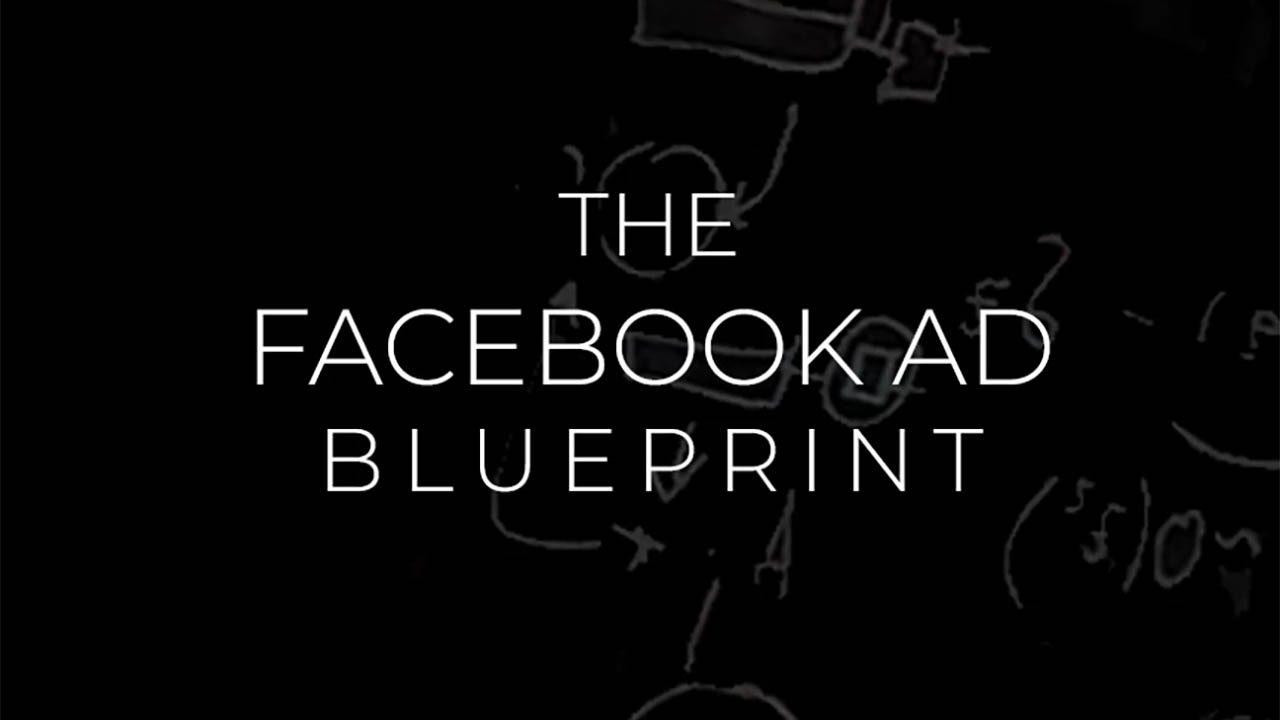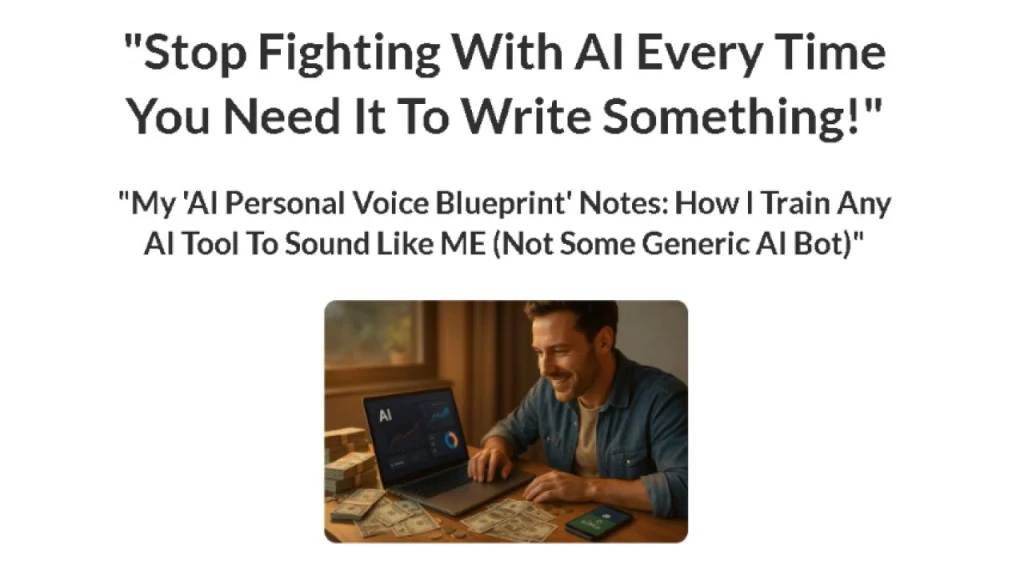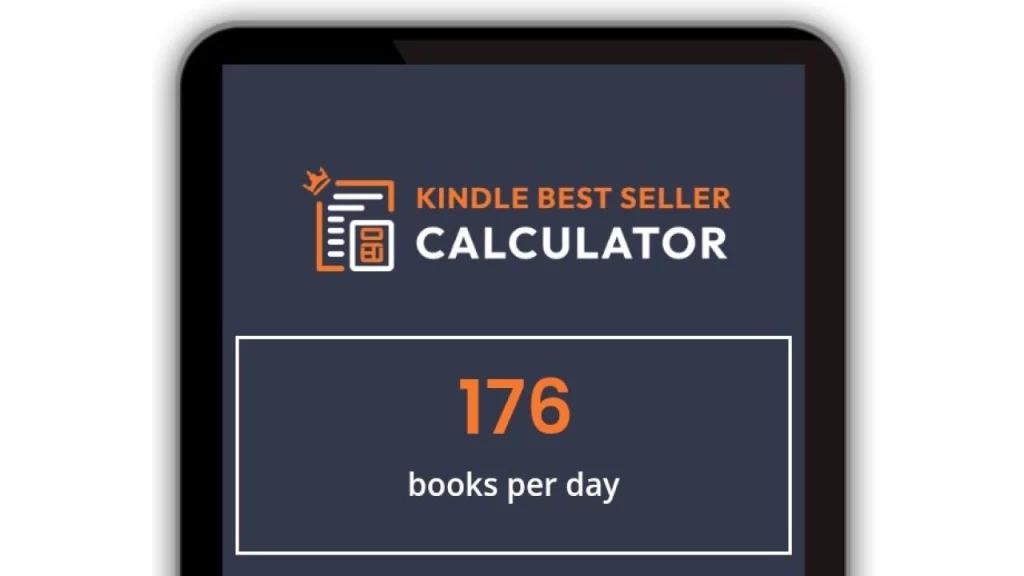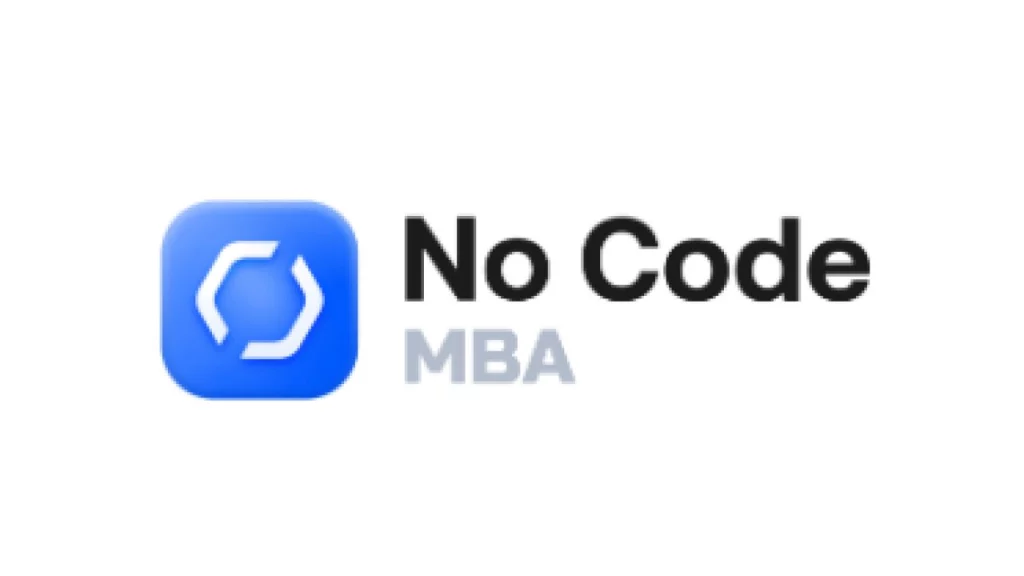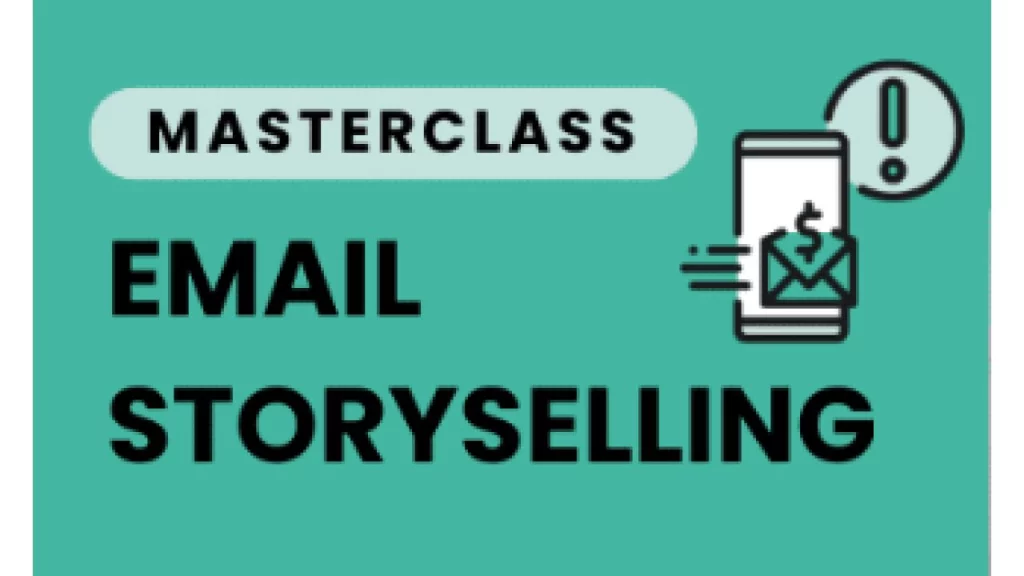
Ecommerce Category
E-commerce is no longer merely “selling things online”; it has evolved into the central battleground where modern businesses are either won or lost. Given the lightning speed of technological evolution and constantly shifting customer expectations, digital fluency is now a mandatory core competency, not a mere advantage.
To really win, you must go beyond basic knowledge and master specialised e-commerce expertise, from AI integration and data harmonisation to platform architecture and seamless operational execution. This post will dive into the biggest trends shaping the e-commerce world right now and pinpoint exactly what specialised training you’ll need to build, manage, and scale a successful e-commerce business.
Global E-Commerce Trends to Watch for in 2025 and Beyond
E-commerce is moving fast. Products are marketed, transported, and bought in new ways every day. Stay updated on these current e-commerce trends and use them as your roadmap to staying ahead of the curve.
Olivia Austin – Studio Growth Accelerator
Embarking on a journey to elevate your design studio's dynamics can be transformational. Imagine a...
Ai Ads Mastery
In the rapidly evolving world of digital advertising, static and uninspired ad strategies simply won't...
Erice Schneider – Full Stack Solopreneur
In the fast-paced world of entrepreneurship, establishing yourself as a successful solopreneur is both an...
Digital Marketer – Deploy a World-Class AI Copywriter in 90 Minutes
Welcome to an extraordinary opportunity to revolutionize your digital marketing strategy with "Digital Marketer -...
Stephanie Kase – YouTube For Business
In a digital age where video content reigns supreme, businesses cannot afford to overlook the...
Doberman Dan – Marketing Camelot
In the realm of marketing, where the battle for consumer attention gets fiercer by the...
Top Selling Courses
Marcellinus Prevailer – AI Hustle PlayBook – The 1k Cashout Blueprint
The AI revolution is right here, and the chance to harness its energy is unprecedented....
Tony Shepherd – AI Voice Blueprint
Are you able to revolutionize your writing with the facility of AI? Introducing the Tony...
Paul Coleman – AI Booster Book Profits FE OTO
Amazon is not only a titan within the retail world; it is a veritable gold...
No Code MBA – All Courses
Embrace the way forward for app growth with the No Code MBA – All Courses....
Troy Ericson – Dom s Income Accelerator
In right now's quick-paced digital world, having a strong toolkit to generate earnings and speed...
Jim Hamilton – Email Storyselling MBA
Unlock the ability of compelling e-mail advertising with the Jim Hamilton - Email Storyselling MBA...
Kim George – From Publish to Profit
Are you prepared to remodel your ardour for writing right into a profitable model? Look...
James Foster – Paywall Profits
When was the final time you encountered a gross sales approach that not solely drew...
1. From Assistive to Agentic Commerce
AI has been helping commerce teams automate tasks like product recommendations and chat support for years. However, the next major shift is even more profound than that. Agentic AI introduces intelligent, autonomous agents that can completely overhaul operations and manage end-to-end tasks without any human help.
Let’s picture this next-level service: A shopping AI that knows you so well it orders for you, a smart cart that takes care of all of your subscriptions, and support that solves delivery issues before your phone even buzzes. This is almost the end of shopping friction. This is how businesses can save time and deliver an effortlessly hyper-personalised experience.
2. Augmented Reality To Bring Products To Life
AR Visualisation is truly the technology that bridges the last mile between browsing and buying in e-commerce. For years, online shopping for high-consideration items was a risky guess. Online businesses have always struggled with this noticeable trust gap. Thanks to a contextual preview of products, customers can confirm that the new dining table actually fits or that the new sunglasses actually look good on them. This is how businesses can build better customer confidence, boosting conversions and, of course, slashing return rates.
3. Composable Commerce is the New Foundation for Digital Innovation
To keep pace with rapid market demands and scale more efficiently, e-commerce leaders are moving from traditional, monolithic platforms to composable commerce. Simply put, this architectural shift allows brands to build their tech stack with modular components (microservices) instead of one fixed structure. Achieving agility is never easier, as you can integrate new, best-in-class tools overnight via APIs or easily swap out a single component without rebuilding the entire site.
4. Livestream and Social Commerce
The line between entertainment and shopping is blurring. Livestream commerce now combines authentic content with instant purchasing, generating significant revenue for those who leverage it effectively. But why is this working? The answer is simple: trust is the ultimate conversion tool. Instead of polished ads, consumers now trust content creators chosen to represent your products.
That’s why over 30% of top marketers view influencer programs as highly effective, consistently generating a superior Return on Investment (ROI). If your strategy doesn’t aggressively integrate User-Generated Content (UGC) and interactive live video, you aren’t just missing out – you’re walking past a $2.9 trillion market.
5. Subscriptions Can Boost Businesses Across Industries
Subscriptions aren’t just for Netflix anymore. They are becoming a go-to strategy for ecommerce brands in industries from fashion and fitness to food and beverages. Busy shoppers enjoy the convenience of automated deliveries, personalised recommendations, and members-only perks, while businesses gain predictable cash flow, higher retention rates, and opportunities to upsell products. When business owners smartly combine this with a loyalty program, they can turn occasional buyers into a dedicated community for them.
6. Sustainability is now A Competitive Advantage
The consumer landscape has fundamentally shifted: sustainability is no longer optional; it’s the key driver of purchase decisions. Today’s shoppers increasingly focus more on values, and are willing to pay extra for goods that are local, recycled, or low-carbon. To stay ahead of the game, brands must integrate eco-conscious practices – from transparent sourcing and shipping to circular models (resale, repair) – making this commitment the definitive way to earn the strong loyalty of modern, values-driven consumers.
7. Flexible Payment Solutions
Flexible payment options are currently the new “Buy Button.” Modern shoppers expect a seamless payment stack that integrates digital wallets (like Venmo and Apple Pay), cryptocurrencies, and flexible financing. Specifically, Buy Now, Pay Later (BNPL) helps to split high costs into manageable installments, thereby making high-consideration purchases feel more affordable. When paired with the security of biometric authentication, this solution reduces friction, facilitates purchase decisions, and limits cart abandonment.
Why Are E-Commerce Skills Essential For Individuals and Businesses?
In today’s market, e-commerce is the main playing field. Mastering e-commerce skills has become key to surviving and growing in a digital-first world.
For Individuals: Building a Future-Proof Career
Whether you’re building a career in marketing, leading a retail team, or launching your own entrepreneurial venture, remember that e-commerce isn’t an elective course. This knowledge is the key to becoming instantly more marketable and, importantly, future-proofing your career. Master these skills, and you’ll be ready to adapt to global market shifts and evolving technology. You can engineer your own success by building a solid foundation and staying nimble and competitive regardless of the latest market trends.
For Businesses: Driving Growth and Innovation
E-commerce expertise fuels real, sustainable growth for enterprises. Companies that excel in mobile-first design, social commerce, and platform strategy don’t simply innovate – they scale efficiently. Critical hard skills like SEO are essential, given that 44% of consumer journeys begin with search. Seamless UX/UI is just as important, as 52% of users abandon poorly designed mobile sites.
Neglecting to integrate SEO and UX/UI can cripple your digital presence. You’ll drive traffic you can’t retain (poor UX/UI) or you’ll design a perfect experience that no one can find (weak SEO). SEO and UX/UI are just two small pieces of the e-commerce puzzle. E-commerce success also requires command of data literacy, marketing strategies, customer retention, and operations. This entire digital ecosystem is what can transform an online store into a thriving business.
Who Should Enroll in E-Commerce Courses?
- Career Switcher & Foundational Learner: E-commerce courses are an investment for those with zero background in e-commerce or marketing but want to dive into the digital sector and build a profitable platform.
- Small Business Owner & Solopreneur: Those who seek to launch a new digital venture or take their physical business online. E-commerce expertise offers the roadmap to a thriving digital enterprise and helps avoid costly mistakes from the get-go.
- The Specialist: Experienced professionals and marketers who look for targeted training in high-impact disciplines like data analytics, complex supply chain management, and customer retention.
What Will I Learn in an E-commerce Course?
Foundational Business Acumen & Scalable Operations: Get the skills to run and scale a business confidently. E-commerce courses can provide you with core strategies of business development, strategic financial modelling, and viability. Learners are positioned to master everything from cutting-edge business models, such as Dropshipping, to crucial operational components like e-commerce supply chain management.
Core Digital Marketing & Conversion Optimisation: Maximise your conversion potential with an in-depth focus on core digital marketing. Business owners and e-commerce specialists will gain expertise in the twin engines of traffic generation: SEO & SEM. The full toolkit will teach you how to architect compelling content specifically mapped to the entire customer lifecycle. This also includes tactical proficiency across email marketing, social media marketing, and push notifications, as well as scaling growth through influencer and affiliate marketing.
Leverage Data & AI for Business Growth: E-commerce training also emphasises that modern experts must be data-literate, focusing on data-driven decision-making and using marketing analytics to strategically perfect customer experience (CX), leading to improved conversion and client retention. You can future-proof your operations by equipping staff with emerging technologies, including the integration of generative AI and the management of future agentic AI systems.
Best E-Commerce Courses Online
We also cut through the noise to bring you top e-commerce courses that offer proven frameworks and real-world success stories to grow your business.
Google Digital Marketing & E-commerce Professional Certificate
Google Digital Marketing & E-commerce Certificate is a self-paced Coursera program designed for newcomers, with up to 150 hours of study for under $250. The training is provided directly by experts from Google, covering core principles including data storytelling, marketing analytics, branding, and e-commerce fundamentals. Beginners can also learn to leverage essential tools like Google Ads, Canva, HubSpot, and Shopify for a job-ready portfolio. The reported results are promising: 75% of graduates see a positive career outcome within six months.
HubSpot E-commerce Marketing Course
This free HubSpot Academy course is the fast track to an e-commerce win. In just 52 minutes, small business owners and marketers can learn how to create buyer personas and optimise their funnel for more conversions using inbound methods. You’ll also gain the critical know-how to connect HubSpot with Shopify, allowing you to capture data and run smart, targeted campaigns hands-free.
Konstantinos Doulgeridis Facebook Ads Master Course for E-commerce on TScourses
For marketers who are tired of wasting ad budgets on outdated tactics, the Konstantinos Doulgeridis – Facebook Ads Master Course is the solution. The program bypasses generic “best practices” and instead delivers a step-by-step framework to master the Facebook Ads algorithm for campaign profitability from day one. This master course is a strategic investment for SME owners, regardless of your budget size. With your enrollment, you secure a lifetime arsenal of skills, including free, lifetime access to all future updates and exclusive bonus marketing materials.
How to Buy an E-Commerce Course at TS Courses?
Getting started with e-commerce training with TScources is straightforward. Here’s how to choose and purchase the right course at TS Courses.
Step 1: Explore your options: Navigate the Main List on our website. Use our intuitive categories (E-commerce, Marketing, Social, etc.) to quickly filter and find the exact skill sets your business needs today.
Step 2: Review and Select Your Course: Make sure to read the detailed descriptions and select expert-led training that speaks to your needs.
Step 3: Click the Download Button: By hitting the download button, you unlock access to your new skill set.
Step 4: Finalise the Transaction: Provide your essential information, including your email address – this is your key for receiving access and learning materials. Next, make your payment through the PayPal gateway to finalise your purchase.
Step 5: Access Granted: Once the payment is confirmed, your immediate, lifetime course access details will be delivered straight to your inbox.







